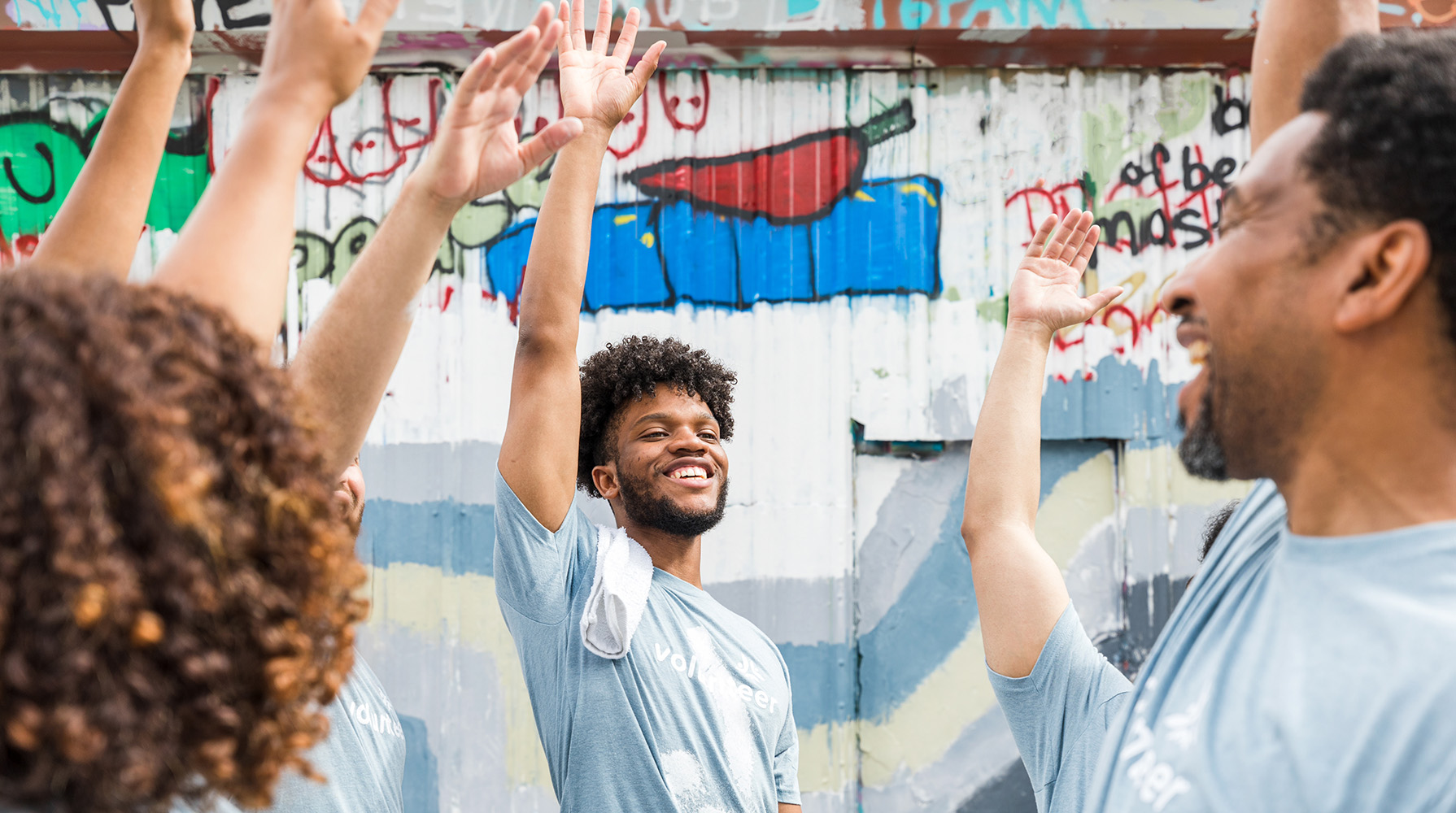Belonging and Civic Muscle
Ensures that all members of a community:
- Are valued
- Feel connected to and supported by the community
- Are allowed to make meaningful contributions
- Have a hand in shaping the community’s future
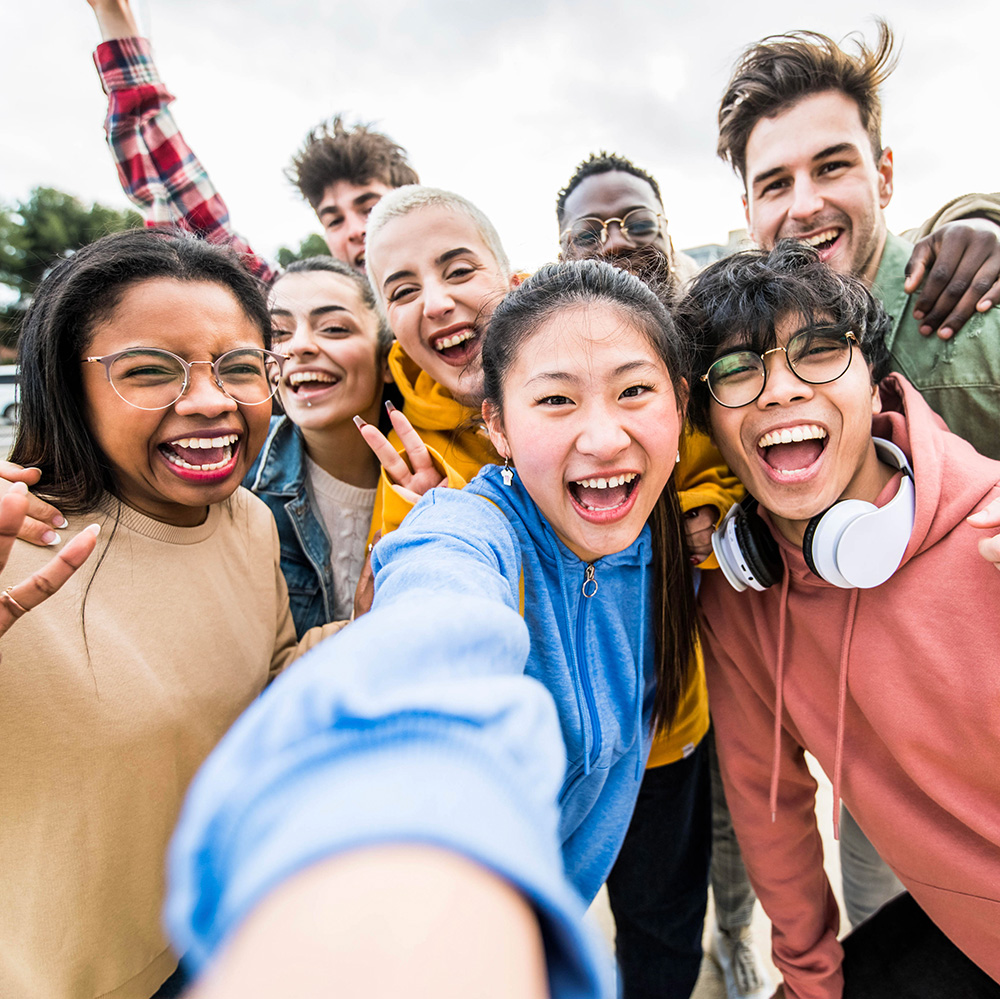

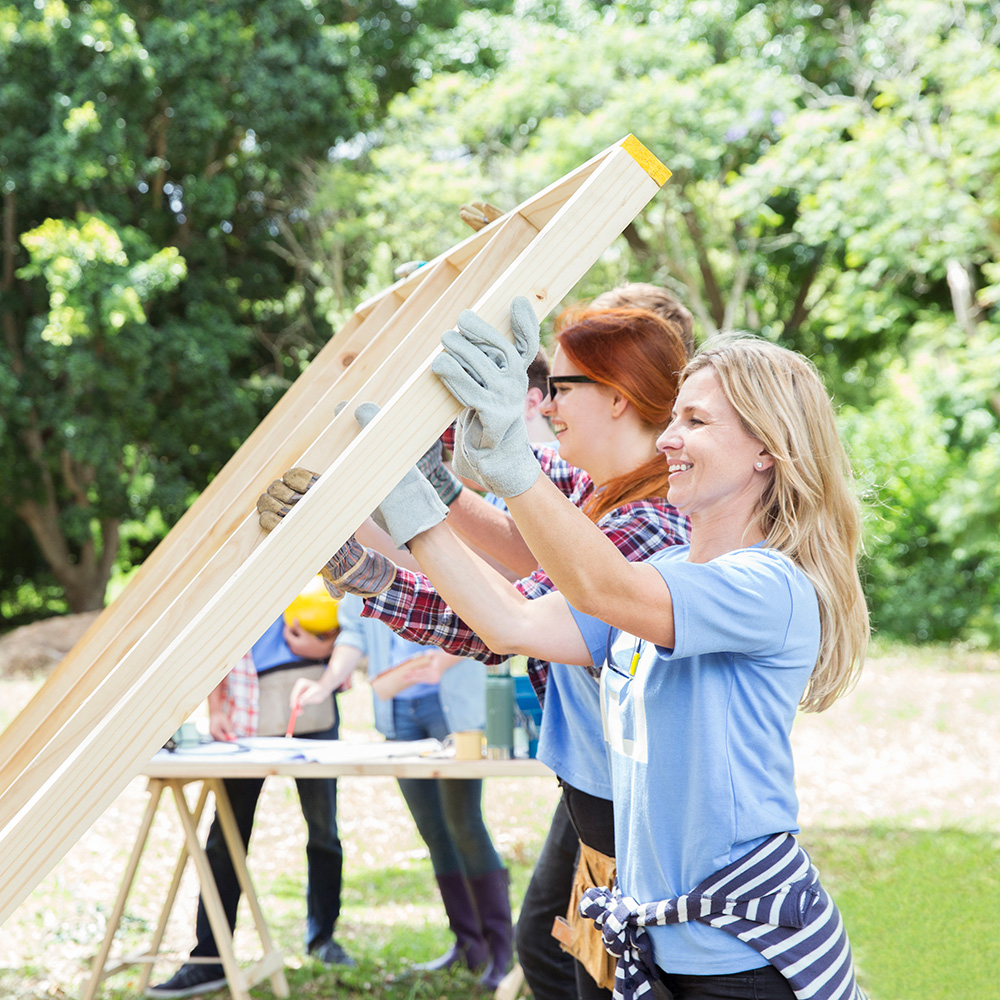


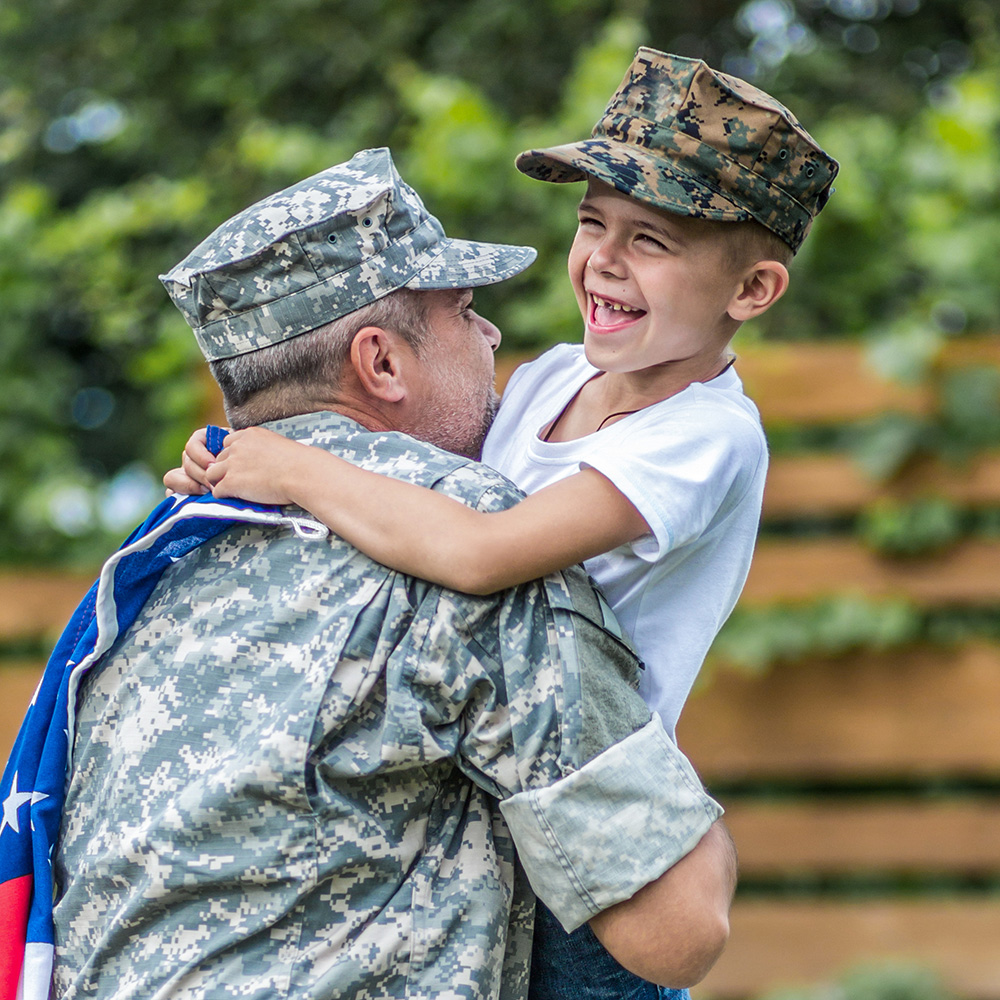


Belonging and civic muscle is one of the seven vital conditions for health and well-being. It is defined as the special capacities of people and organizations that convey to all a sense of being part of a community (belonging) and having power (civic muscle) to shape our common world.













Ensures that all members of a community:
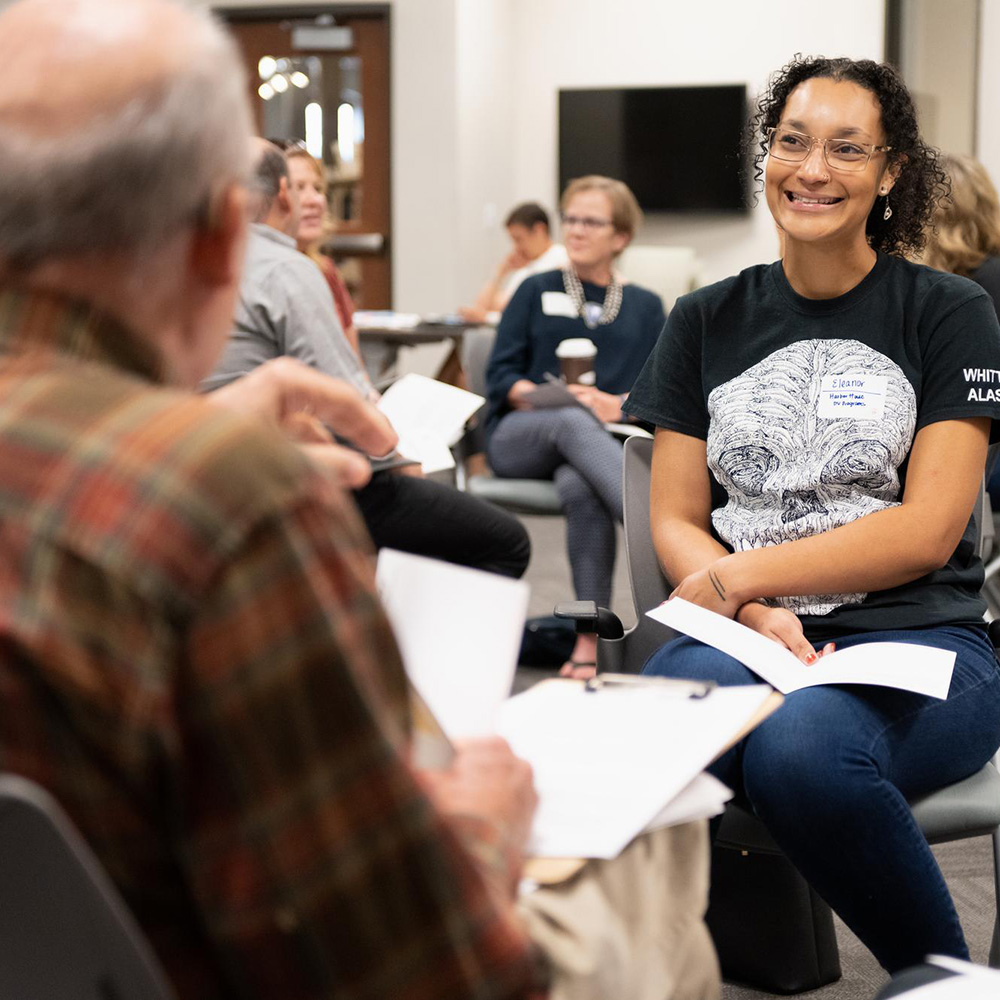

It is both a vital condition and a practical capacity that is necessary for successfully improving the other vital conditions. In order to build a more equitable, thriving future, everyone must be included and have the ability and agency to shape their community’s future.
Belonging and civic muscle has many essential components, including but not limited to:
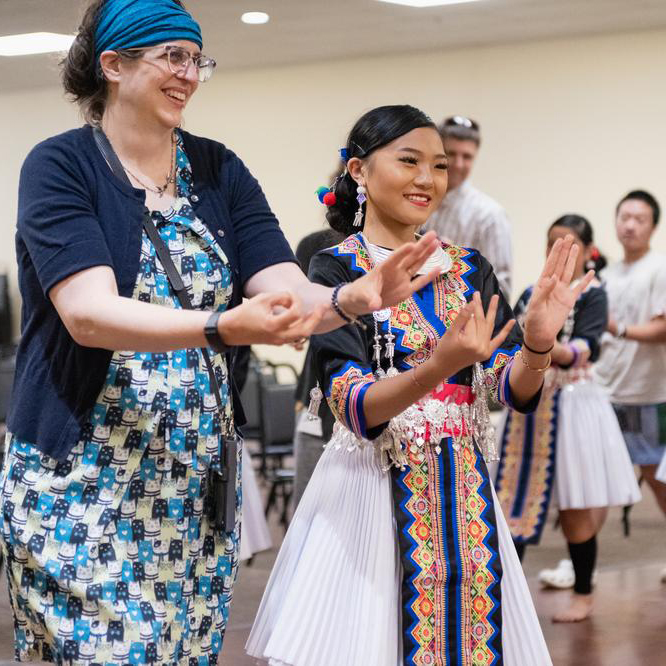





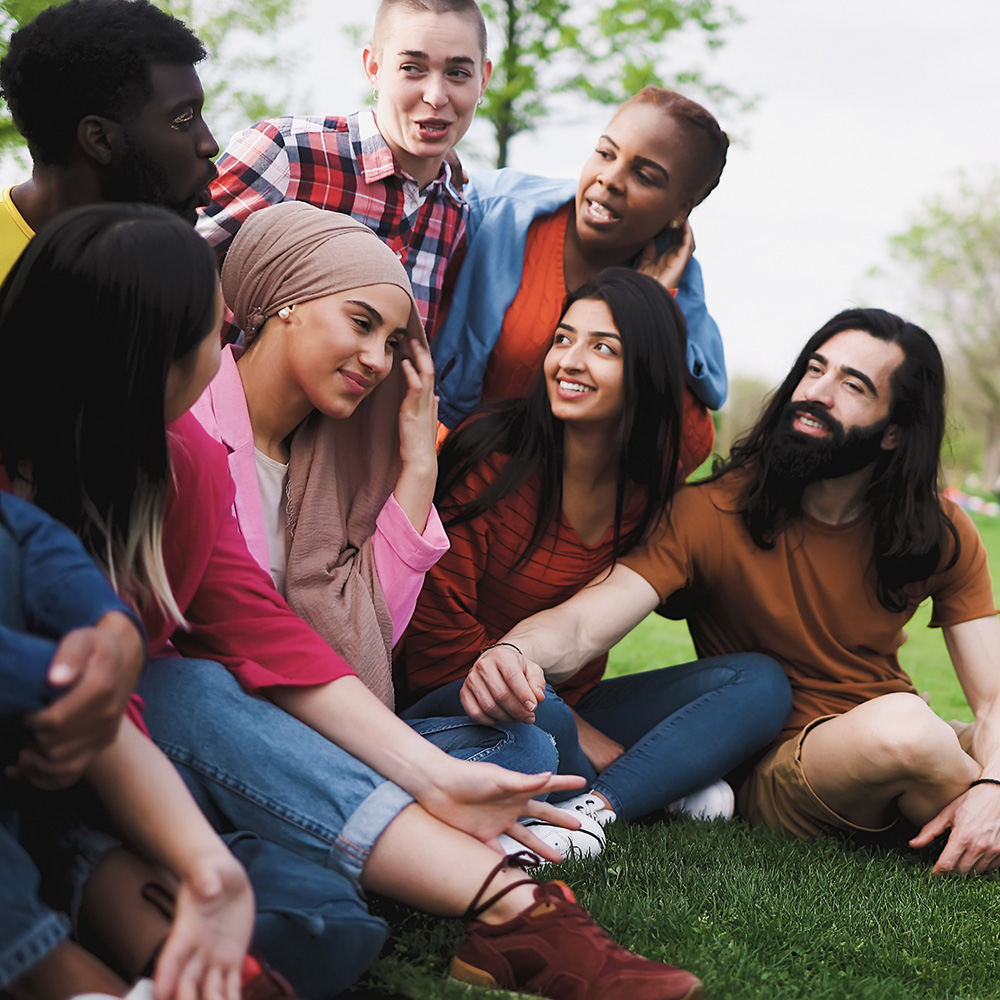


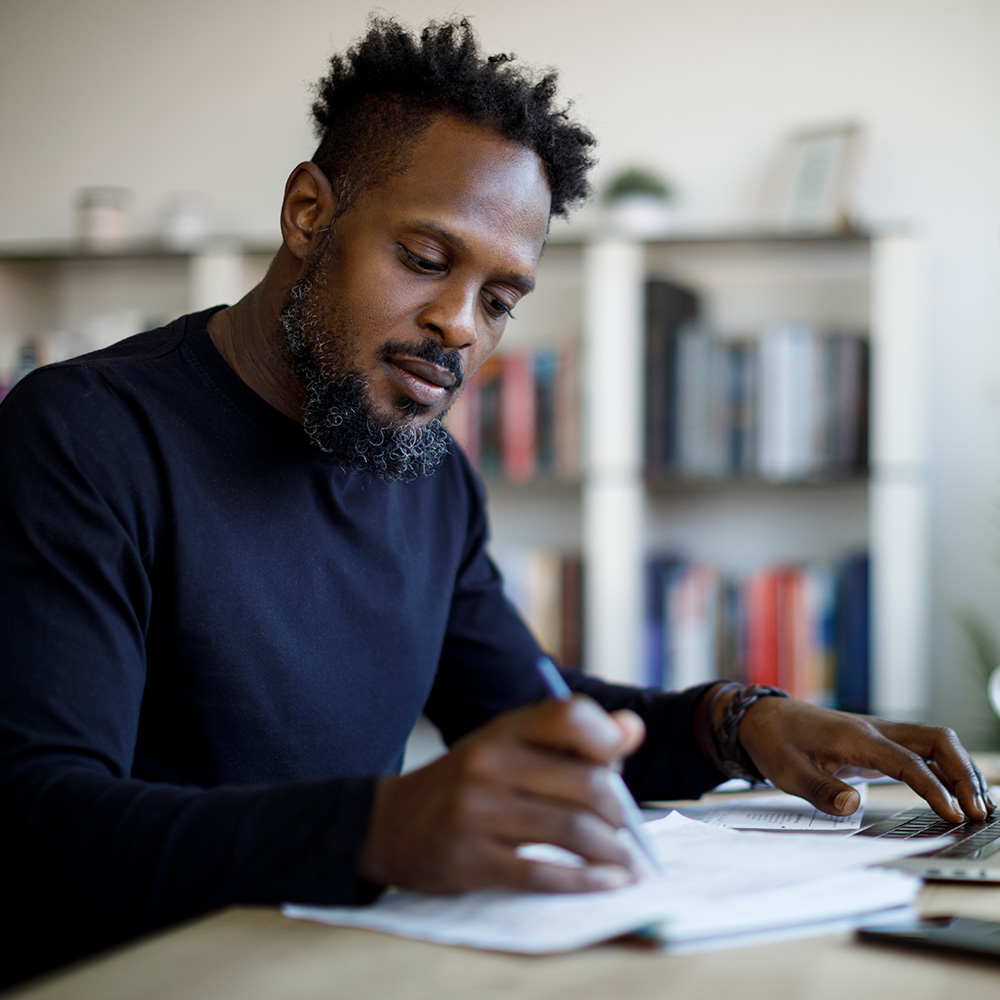





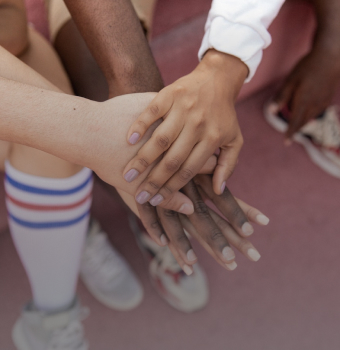


On the other hand, people who know their voices will be heard in the process of shaping their community’s future make better, healthier choices. Likewise, people with a stronger sense of efficacy, belonging, and social connectedness tend to live healthier, happier lives.
















Building belonging and civic muscle requires an equity orientation. Stewards work to change mindsets, policies, practices and power dynamics to increase inclusion. The ultimate goal is ensuring that everyone is a part of the process of creating policy and change, and that everyone has access to the apparatus of power and decision making in their communities.
Belonging and civic muscle is also unique among the vital conditions because it relies heavily on perception. This is one of the inherent challenges: people need to feel welcome and included. This means stewards must actively reach out to people who feel excluded or marginalized.
When belonging and civic muscle are strengthened, communities begin making better decisions that produce greater health and well-being for everyone.
